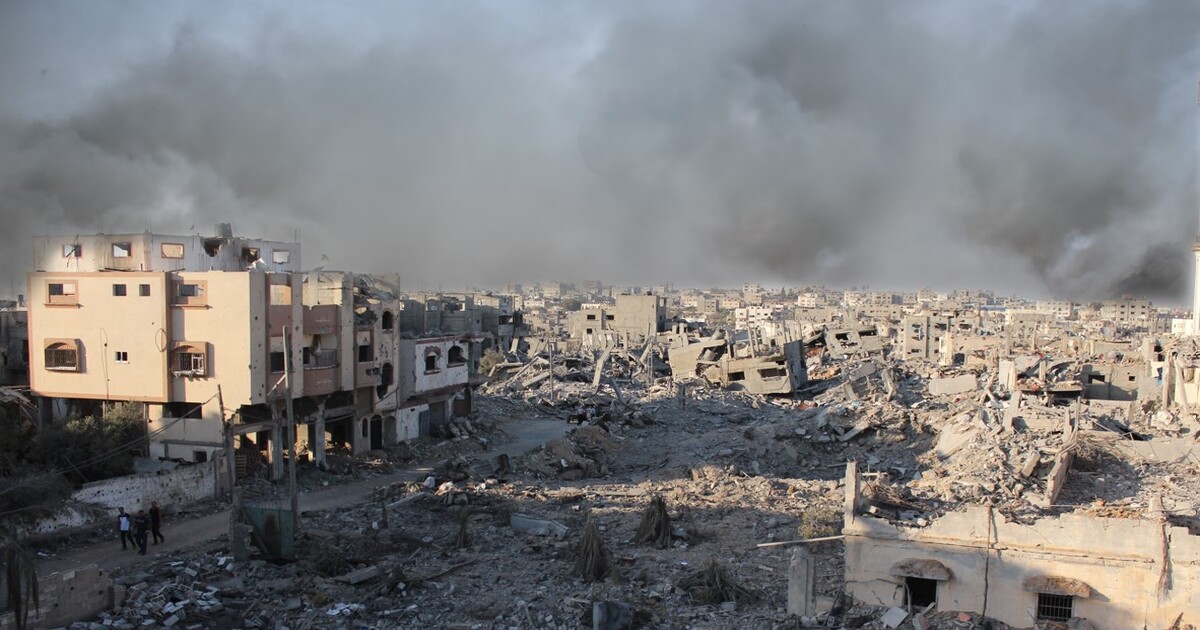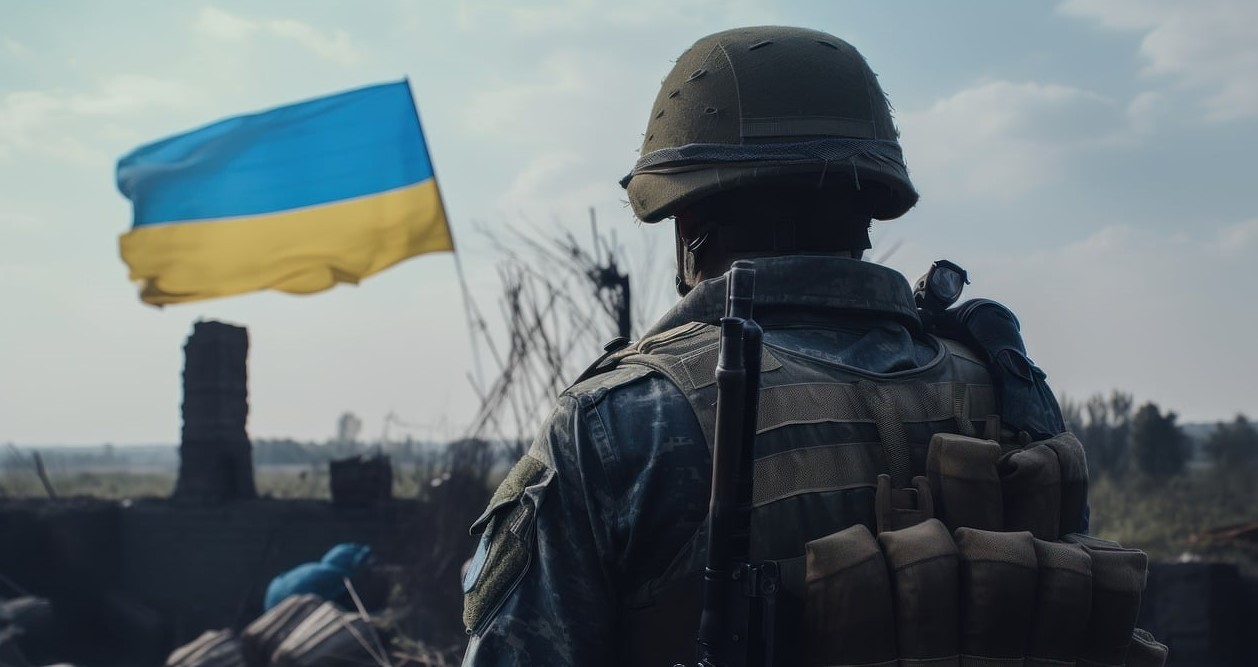Arab Solidarity? Brittle at Best
Gaza as a lightning rod for mounting frustration and discontent in Arab autocracies.
March 17, 2024

A Strategic Assessment Memo (SAM) from the Global Ideas Center
You may quote from this text, provided you mention the name of the author and reference it as a new Strategic Assessment Memo (SAM) published by the Global Ideas Center in Berlin on The Globalist.
The Gaza war has turned Palestine into a lightning rod for mounting frustration and discontent in Arab autocracies such as Egypt, Jordan, Tunisia, Algeria and Morocco.
Cracking down
Concerned that the war could mobilize segments of civil society, Saudi Arabia and the United Arab Emirates – where any form of public protest is banned – have cracked down on expressions of solidarity with Gaza – including the sporting of keffiyehs, the chequered scarf that symbolizes Palestinian nationalism.
In December, pro-Palestinian activists at the COP28 climate summit in Dubai faced unprecedented restrictions. This included prohibitions on flags and explicitly naming a country in news conferences – as well as scrutiny of their slogans.
In January, the Red Sea Film Festival in Jeddah, the biggest film event in the Middle East and North Africa, welcomed Palestinian cinema – but banned the donning by attendees of keffiyehs.
Angry at what precisely?
Like in the second half of the 20th century, protests in the Middle East beyond the Gulf in support of Palestinians and against Israel’s assault on Gaza are as much about the war as they are about anger at governments’ faltering economic performance.
Nowhere is the anger more acute than in Egypt. The country’s currency slipped sharply against the U.S. dollar after the central bank raised its main interest rate by 600 base points to 27.75 % – and said it would allow the currency’s exchange rate to be set by market forces. It was the Egyptian pound’s fifth devaluation in two years.
Worried about Israel, really?
Hard hit by the wars in Gaza and Ukraine, the Egyptian government expected the measures to stymie Egypt’s 31% inflation rate, attract desperately needed foreign investment and tackle its staggering shortage of foreign currency.
Egypt has suffered from a string of negative events: The loss of tourism, significantly reduced Suez Canal shipping revenues because of Yemeni Houthi attacks on commercial vessels in the Red Sea, rising wheat prices in the wake of the Ukraine war and economic mismanagement.
The latter include investment in megaprojects such as building a $58 billion new desert capital, granting military-owned enterprises preferential treatment and the military’s oversized stake in the economy.
The floating of the pound secured an expansion from $3 billion to $8 billion of Egypt’s International Monetary Fund bailout loan – making the North African country one of the IMF’s highest borrowers.
An end to black holes
Gulf states – including the UAE – have in recent years backed away from pumping funds into black holes. Instead, they increasingly link investments in countries like Egypt and Pakistan to economic reforms and prospects for a return on investment.
The UAE pioneered the approach when it based a government minister in Cairo immediately after general-turned-president Abdel Fattah Al-Sisi’s UAE-backed coup that toppled Egypt’s first and only democratically-elected president. The UAE official attempted to nudge Mr. Al-Sisi towards economic reform.
Too much to bear?
The IMF’s austerity program could push struggling Egyptians to a level of destitution not seen since the Egyptian bread riots of 1977 – despite the government’s insistence that it will put in place social protection measures to shield the most vulnerable.
The rising cost of basic goods has deepened the hardships faced by middle and lower-class Egyptians. They have suffered from price hikes since the government embarked on an ambitious reform program in 2016 to overhaul the battered economy. Nearly 30% of Egyptians live in poverty, according to official figures.
For now, Egyptians – like others elsewhere in the Arab world – fear that uprisings would only enhance the chaos already gripping their part of the world.
Why so restrictive?
Mr. Al-Sisi believes that pro-Palestinian activists who were allowed to stage protests under former president Hosni Mubarak shifted their focus in 2011 to his regime – and ultimately toppled him during the popular Arab uprisings.
Beyond Egypt, the revolts also led to the demise of autocratic rulers in Tunisia, Libya and Yemen. And they sparked mass anti-government demonstrations elsewhere in the Middle East.
We don’t want no refugees
To be sure, Egypt is worried that Israel’s destruction of Gaza is an effort to rid the Strip of its population by inducing Gazans to flee to Egypt.
Officials in Cairo also fear that Hamas operatives could infiltrate the Sinai Peninsula– where the military has been countering a low-level insurgency. Mr. Al-Sisi’s government is wary of Hamas because of its links to the Muslim Brotherhood.
Meanwhile, many Egyptians resent the government’s close security ties with Israel – and its support for a 17-year-long Israeli blockade of Gaza that has been tightened since the war.
Conclusion
Given widespread public frustration in Egypt – as well as in much of the Middle East beyond the Gulf – those regimes’ future is uncertain. The open question is: Just how virulent the Arab states’ inability or unwillingness to alleviate Palestinian suffering will become.
Takeaways
Concerned that the war could mobilize segments of civil society, Saudi Arabia and the UAE, where any form of public protest is banned, have cracked down on expressions of solidarity with Gaza.
Protests in the Middle East beyond the Gulf in support of Palestinians and against Israel’s assault on Gaza are as much about the war as they are about anger at governments’ faltering economic performance.
For now, Egyptians like others elsewhere in the Arab world, fear that uprisings would only enhance the chaos already gripping their part of the world.
Officials in Cairo fear that Hamas operatives could infiltrate the Sinai Peninsula where the military has been countering a low-level insurgency. Mr. Al-Sisi’s government is weary of Hamas because of its links to the Muslim Brotherhood.
Many Egyptians resent their government’s close security ties with Israel and its support for a 17-year-long Israeli blockade of Gaza that has been tightened since the war.
Given widespread public frustration in Egypt as well as in much of the Middle East beyond the Gulf, those regimes’ future is uncertain. The open question is just how virulent the Arab states’ inability or unwillingness to alleviate Palestinian suffering will become.
A Strategic Assessment Memo (SAM) from the Global Ideas Center
You may quote from this text, provided you mention the name of the author and reference it as a new Strategic Assessment Memo (SAM) published by the Global Ideas Center in Berlin on The Globalist.


